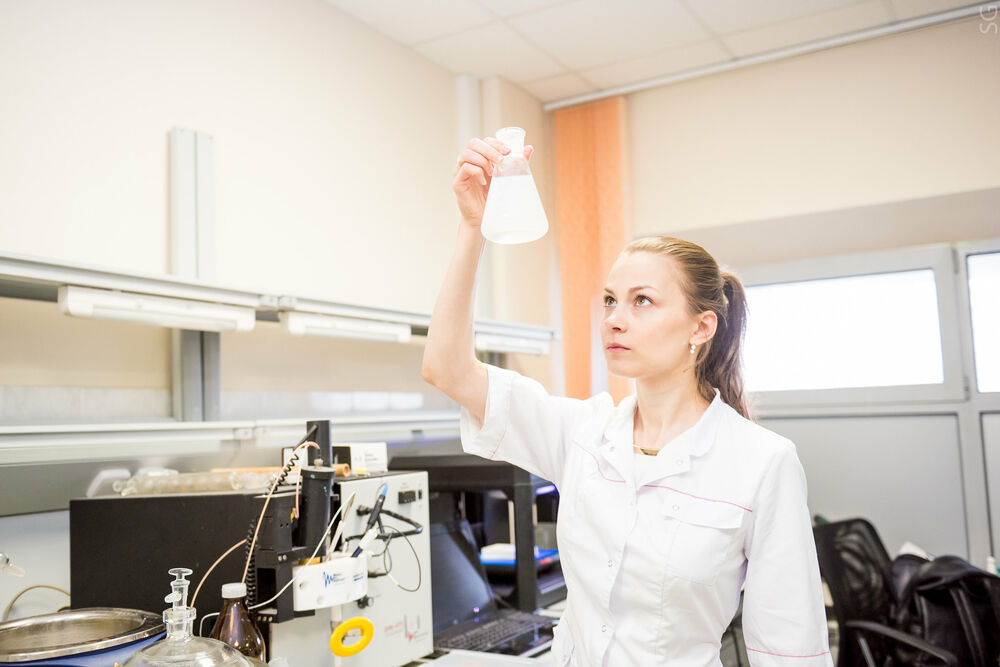Composite Nanomaterials and Functional Nanosystems
Students acquire knowledge and practical experience in the field of nanomaterials: low-dimensional structures including biologically active ones, thin films, composites, ceramics, structural materials, catalysts, and other objects. The main focus is made on the student involvement at NUST MISIS and partner world-class laboratories. Program graduates possess a wide range of competencies for solving multiple tasks in the field of nanotechnology, essential for their professional fulfillment at research centers and high-tech production sites.
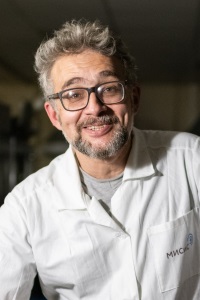
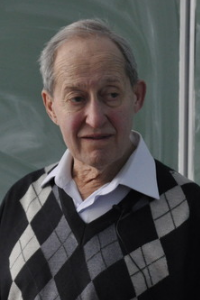
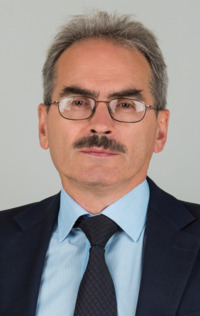
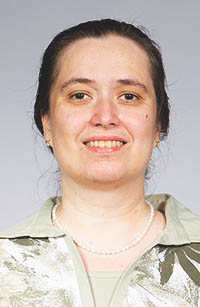
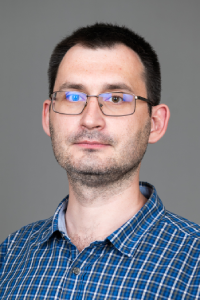
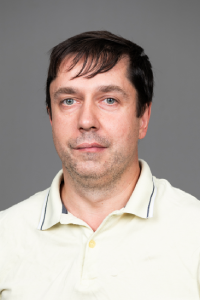
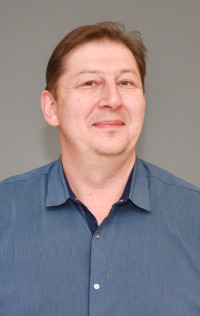
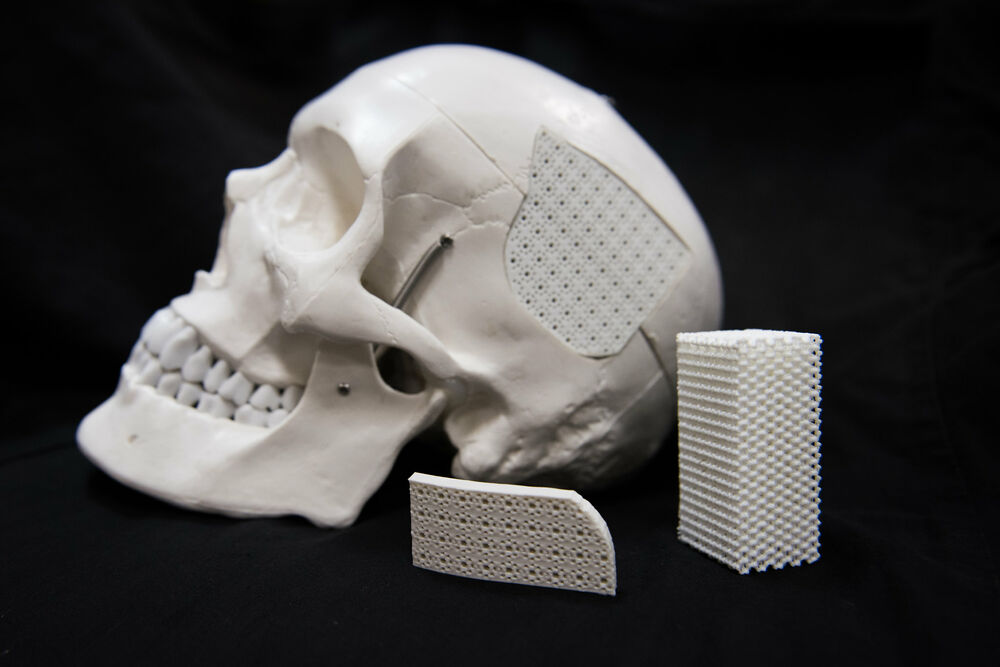
_1000_1000.jpg)

